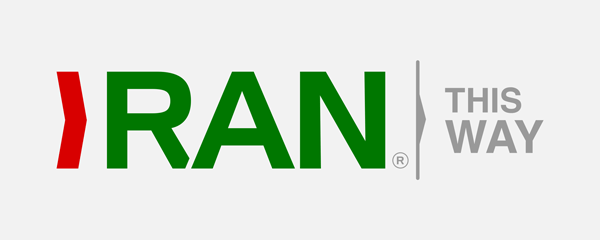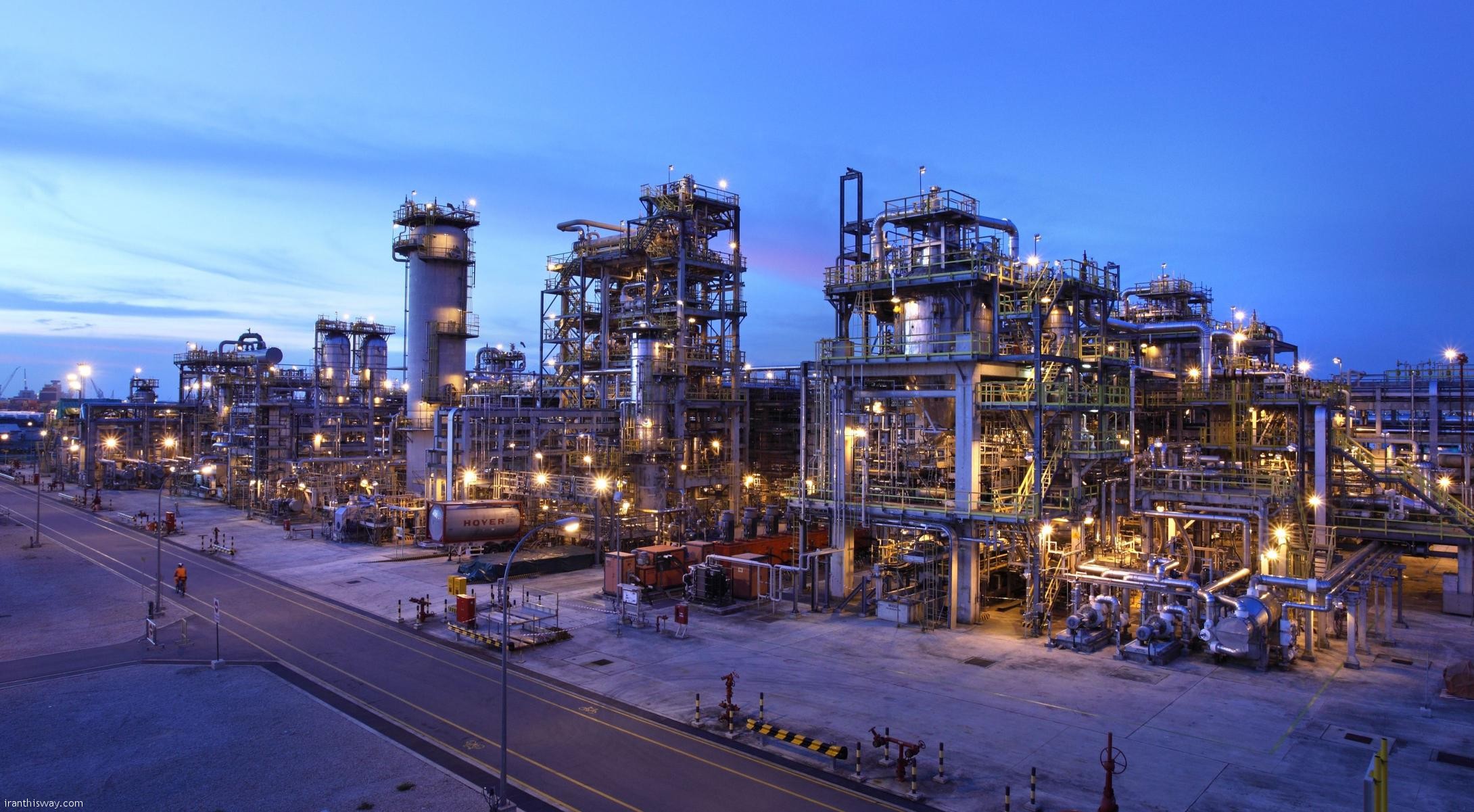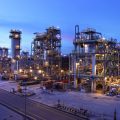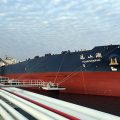Iran is set to increase its total petrochemical capacity from 59 million tons to 180 million tons within the next 10 years, said an executive from US consultancy firm Frost and Sullivan on Thursday on the sidelines of the Fourth CMRI Petrochemical Conference in Seoul.
The increased petrochemical volumes will include a wide variety of products like gas condensate, basic chemicals, polymers, fertilizers, and aromatic products, said Ali Mirmohammad, the senior consultant and business development manager for Iran for the Texas-based consultancy, Platts reported.
However, Iran will focus on methanol along the value chain particularly polypropylene, dimethyl ether, formaldehyde, MTBE, methylamine, and acetic acid.
Methanol to polypropylene will have a key focus, Mirmohammad said.
“Polypropylene, apart from other polymers, has a broad level of use in many industries especially in automotive, home appliances and other sectors especially in pharmaceuticals and for food packaging. Polypropylene is safer, more economical than polyethylene, than PVC, so more demand for polypropylene [is expected],” he said.
Mirmohammad further said in a presentation that from five million ton currently the installed capacity of methanol could increase to more than 24 million tons by the end of 2020. This may be ramped up to 34 million tons by the end of 2025.
In the next 10 years Iran aims to export valuable products from methanol, the presentation showed.
In the next three years the country aims to be one of the top producers and exporters of the region.
Mining and manufacturing are also expected to see significant growth, with the former showing a 25-percent annual growth rate by 2025 from only 9.8 percent in 2015 and the latter increasing to 11.2 percent from 6.7 percent.
Mirmohammad said Iran was seeking to reduce dependence on oil and gas, as part of the government’s new roadmap announced last year, with more downstream applications developed in the country.
These petrochemical-based products included home appliances, pharmaceuticals, polymers used in automotives, rubber and plastic, he added.
Iran requires $80 billion to petrochemical industry development plans
Iran requires around $80 billion to push through with its petrochemical industry development plans by the end of 2025, Mirmohammad said.
If successful, these investments could boost exports for the entire petrochemical industry value chain from less than $13 billion in 2015 to more than $41 billion in the next 10 years, he said.





